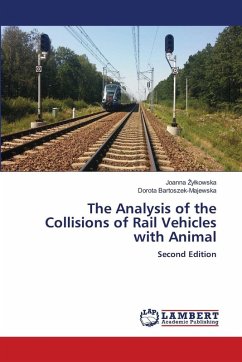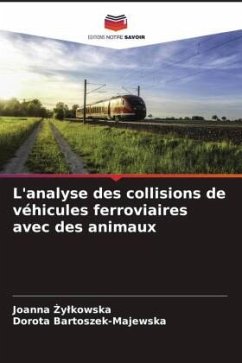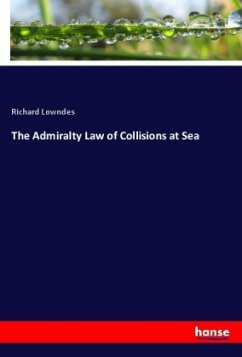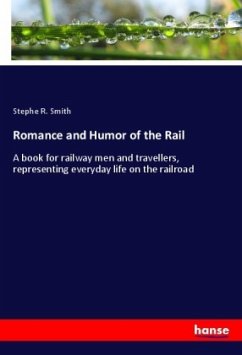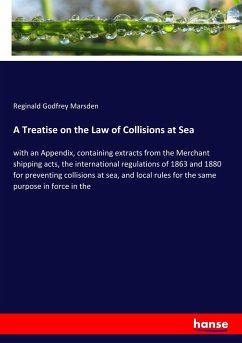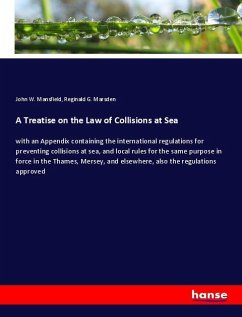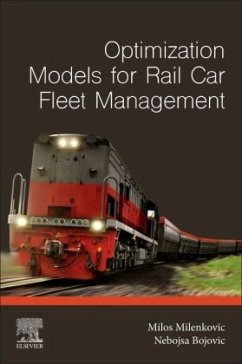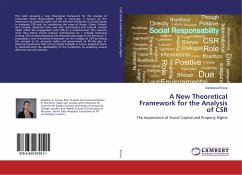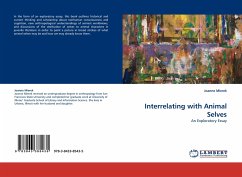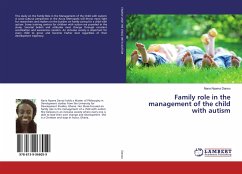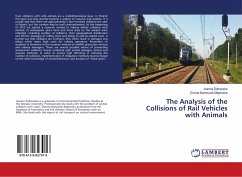
The Analysis of the Collisions of Rail Vehicles with Animals
Versandkostenfrei!
Versandfertig in 6-10 Tagen
24,99 €
inkl. MwSt.

PAYBACK Punkte
12 °P sammeln!
Train collisions with wild animals are a multidimensional issue. In Poland this topic has only recently become a subject of research and analysis. It is usually said that there are approximately a few hundred collisions per year in Poland, but this number may be well underestimated. At the beginning of 2012 we started a research related to railway vehicle collisions with animals. In subsequent years more and more data on this subject were collected, including number of collisions, their geographical distribution and effects: damages of rolling stock and delays as well as related costs. It turn...
Train collisions with wild animals are a multidimensional issue. In Poland this topic has only recently become a subject of research and analysis. It is usually said that there are approximately a few hundred collisions per year in Poland, but this number may be well underestimated. At the beginning of 2012 we started a research related to railway vehicle collisions with animals. In subsequent years more and more data on this subject were collected, including number of collisions, their geographical distribution and effects: damages of rolling stock and delays as well as related costs. It turned out that collisions are common, they often result in damages and delays which mean high costs for railway operators. Prevention of accidents is therefore in the common interest of wildlife protection services and railway managers. There are several possible means of preventing animal-train collisions: fences combined with animal passages, optical and acoustic methods. In order to ensure high efficiency in reducing the number of collisions, implementation of mitigation methods must be based on the solid knowledge of animal behaviour and location of "black spots".



